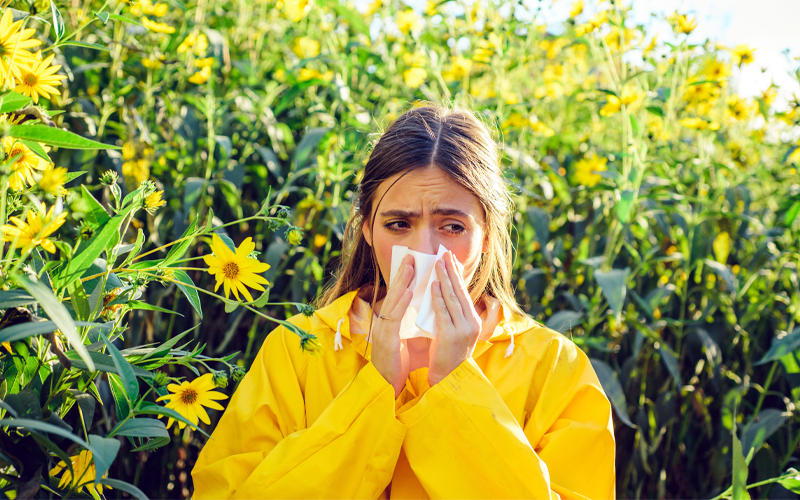By Marge Roberts, BSN MSHP DAHom
Runny nose, sneezes, tickle in the throat, cough, congestion and watery eyes – it’s that time of year. According to the National Center for Health Statistics, a 2018 summary puts the number of adults suffering from seasonal allergies at 19.2 million and children at 5.2 million.
Spring allergies are usually a result of pollen from trees, which can start pollinating anytime from January to April, depending on the climate and location. Additionally, some grasses can be some of the worst offenders because their flowers bloom for a long period of time and they are usually grown over a large area. Other plants and flowers such as jasmine and daisies can also offend.
Homeopathy is a popular natural therapy to address seasonal allergies and Newton has several complexes formulated to do just that. The Newton Pollen~Weeds, Hay Fever, Kids Allergies, Cough~Airway, Kids Airway Ease, Kids Sniffles and Cold~Sinus are a few of the allergy-related complexes. The Pollen~Weeds complex is specific to spring allergies and the Hay Fever complex is specific to fall allergies.

Homeopathy is based on the Latin term similia similibus curentur which translates as ‘like is cured by like.’ In other words, a condition may be addressed by the homeopathic version of whatever is causing the condition (plant, animal, mineral). For example, the Allium cepa, included in the Pollen~Weeds, Hay Fever and Kids Allergies formulas is a red onion by its common name. What happens when you cut an onion? Your eyes water and burn – kind of like when you’re bombarded by that pollen.
Along those same lines, many offending plants, trees and grasses are included in the allergy formulas because they cause symptoms in full-form and therefore address those same symptoms in the homeopathic form. The Pollen~Weeds and Kids Allergies complexes contain numerous single remedies, Bellis perennis (Daisy) is indicated for headache, Fraxinus americana (White Ash) is indicated for restlessness, Gelsemium sempervirens (Yellow Jasmine) is indicated for sneezing, Ulmus fulva (Slippery Elm) is indicated for a sore throat, Lycopus virginicus (Bugleweed) is a great ground cover indicated for headaches, Phytolacca decandra (Poke Root) is a very prolific weed indicated for cough and Triticum repens (Couch Grass) is indicated for those always blowing their nose. Additional remedies are contained for other allergy symptoms.
If you or someone you know experiences the misery of spring allergies, consider the Newton Pollen~Weeds complex, or for children the Kids Allergies complex. The Kids Allergies complex contains all of the single remedies in the Pollen~Weeds complex, plus additional remedies for other kinds of allergies.
You can learn about each of the single remedies included in the complexes by examining a Materia Medica. A description of many substances (plant, animal, mineral), their Latin and common names, and their indications for use as homeopathics can be found in this book of which there are several versions.

